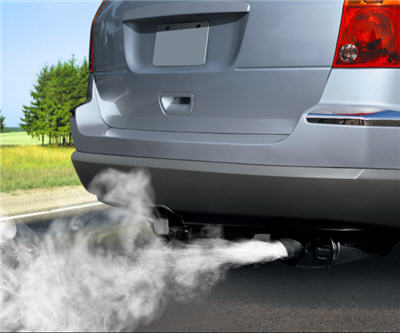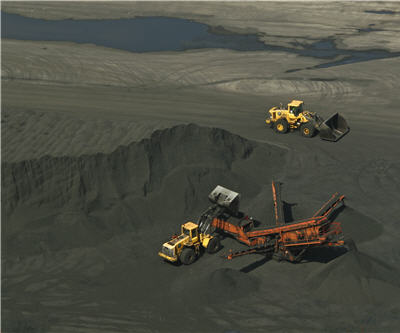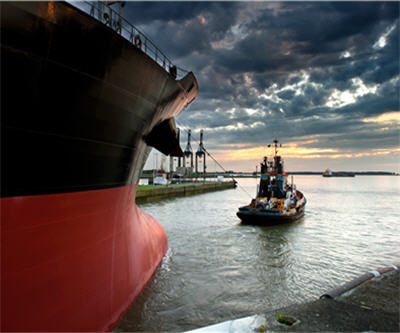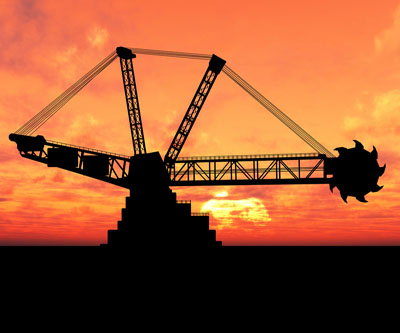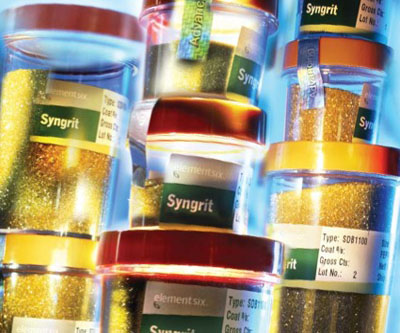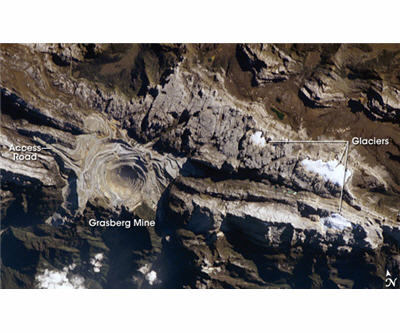With ‘Global Ore’ BHP enters new age of iron
Fox Business reports global number one miner BHP Billiton plans to create a new, more transparent system for pricing iron ore called Global Ore by the end of the year or early next year, the chief executive of the company's Ferrous and Coal division said Thursday.
BHP, Vale and Rio Tinto control nearly 70% of the 1 billion tonne annual iron ore seaborne trade and dominate price talks. The pricing of iron ore which have shifted from secretive negotiations and annual contracts over the last couple of years to prices linked to the spot market constitutes a “true revolution” say analysts. Firm demand from China's construction sector and a drop off in India's exports have been behind the strength in spot iron ore prices which, at above $170 a tonne, have trebled from late 2008. In August results for BHP Billiton showed its iron ore division accounted for the bulk of its record $22 billion in profits.

